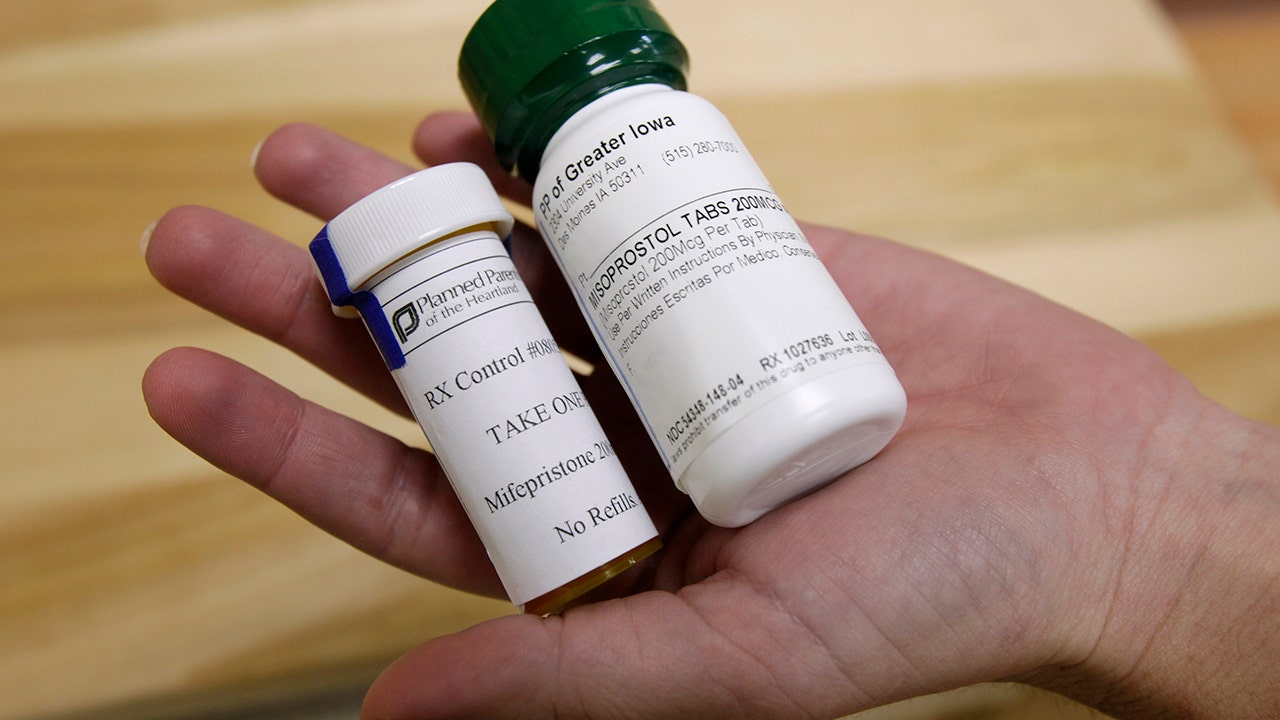Red state bill may make poisoning women with abortion pills a felony.
The Louisiana House of Representatives, controlled by the GOP, took a bold step on Tuesday evening by advancing a bill that criminalizes coerced abortions through fraud. The bill passed by a 64-29 vote and also makes it illegal to possess two abortion drugs without a valid prescription.
Those found guilty of coercing abortions through fraud could face fines ranging between $50,000 to $100,000 and imprisonment for 10 to 20 years. This bill aims to protect unsuspecting pregnant mothers from being preyed upon without their knowledge or consent. Additionally, the legislation adds the crime of attempted abortion to various abortion criminal laws.
Unsurprisingly, the bill has sparked controversy and criticism from pro-abortion groups and Vice President Kamala Harris. Harris deemed the legislation as “absolutely unconscionable.” She expressed her concern about the bill on social media, citing the criminalization of medication abortion possession with severe penalties.
In response to Harris’s comments, State Sen. Thomas Pressly defended the bill, accusing the Vice President of misrepresenting its provisions. Pressly highlighted the importance of requiring a valid prescription for abortion drugs and the bill’s objective to safeguard expectant mothers from being coerced by deceptive partners.
Senate Bill 276, also known as the Catherine and Josephine Herring Act, pays tribute to a mother-daughter pair who fell victim to a coerced abortion. Catherine’s estranged husband secretly administered abortion drugs obtained from Mexico into her drinks without her consent, leading to a traumatic experience for both women. The bill’s author, who is related to the victims, named the legislation in their honor.
In a separate incident, Catherine’s husband, Mason Herring, pleaded guilty to child injury and assaulting a pregnant person, resulting in a 180-day jail sentence. The amendment to the bill classifies mifepristone and misoprostol, commonly used abortion drugs, as controlled substances but allows doctors to prescribe them for non-abortion purposes, thereby protecting women from legal repercussions.
With the upcoming elections, the abortion issue has once again taken center stage, with Democrats emphasizing reproductive rights while Republicans grapple with a unified stance post the historic Roe v. Wade decision. The bill’s progression in Louisiana is part of a broader national debate surrounding abortion laws and women’s rights.
As the bill now moves to the state Senate, its fate remains uncertain. While proponents argue in favor of protecting women from coerced abortions, critics raise concerns about restricting access to abortion drugs and potentially criminalizing individuals in vulnerable situations.
Regardless of its final outcome, the Catherine and Josephine Herring Act has reignited the ongoing discourse on reproductive rights and the complex ethical, legal, and moral considerations surrounding abortion in contemporary society.








